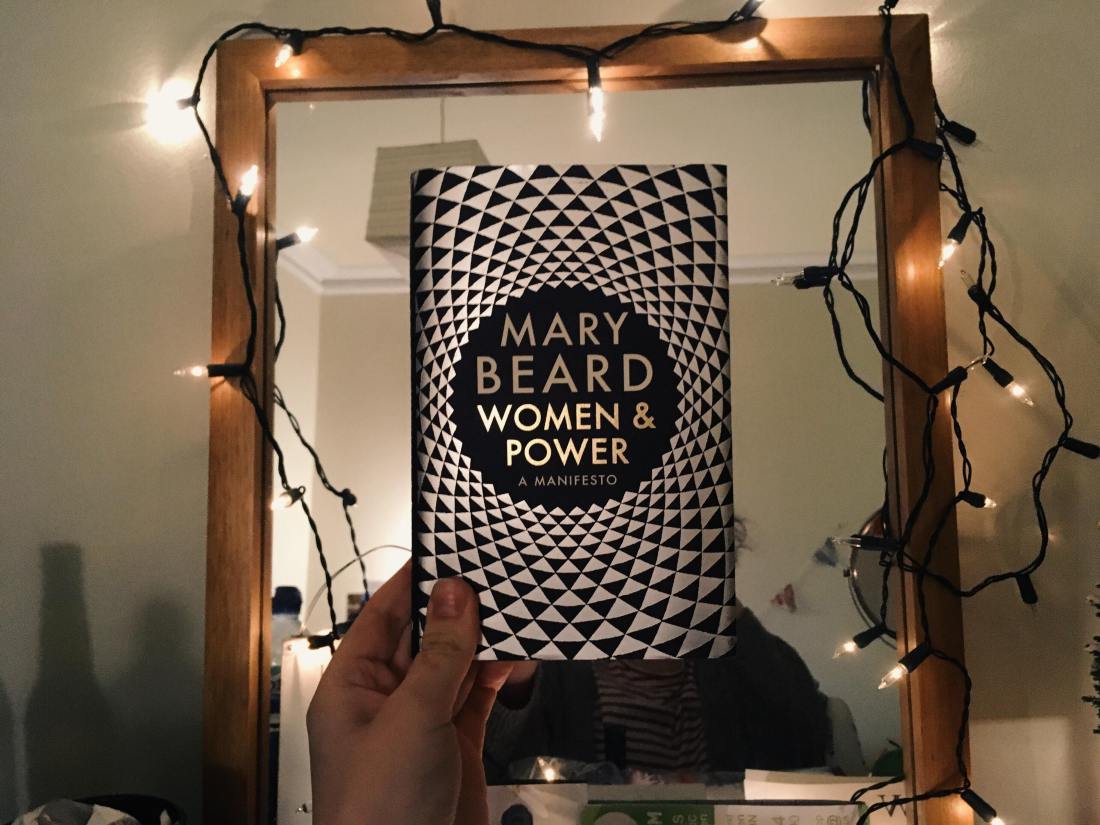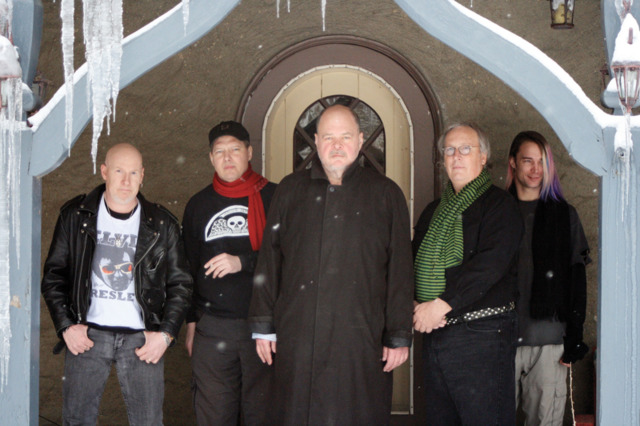When I was nine, a boy called me Medusa.

We were learning about Greek myths for the day, the only time that topic came up in our curriculum, ever.
Medusa had snakes for hair. She was the monster so grotesque that looking at her turned you to stone. She had three heads and lost one, died when Perseus defeated her.
The boy looked at Medusa and looked at me and decided my curls were serpents.
If I had been Medusa, he could not have looked me in the eye and called out in class. He wouldn’t have dared.
I knew little of the myth to which I was compared. I googled her that night, found out a little of who she was: a human turned ugly as punishment, her hair replaced with snakes. In other versions, born monstrous, a gorgon. Sometimes one head, sometimes three sisters but always grotesque and always to be killed. To be feared. Her gaze was lethal.
I’ve liked her ever since.
Perseus rode around with Medusa’s head, wielding her as a shield against his enemies. Athena, famously born of Zeus alone, wears Medusa’s head on her breastplate. She is cut up and killed, her power to be used by others.
Feminists have attempted to reclaim her as an image of female fury and power. In a short manifesto, Mary Beard describes succinctly how the classical world has and continues to have a heavy influence on our perceptions of power and who has the right to wield it. Once again, I found myself reading about my monster.
We were young. And we didn’t know what we were learning. Greek myths were fun stories about monsters and victors, gods and, you know, other old stuff. That’s all they were, surely: just stories. That was one lesson on one day in primary school, a tiny insignificant hour of my life, a comment which the boy has surely forgotten now.
But as Mary Beard points out, it is these things we take for granted that form the building blocks of our understanding of the world.Today female politicians are often compared to Medusa in an effort to ‘decapitate’ them, photoshopped on to an image of a screaming feminised monster. ‘Male mastery over female power’.
I take it as a point of pride that I’ve held on to that memory for so long. Because of him I feel an affinity with Medusa, in every form of the myth, born monstrous or punished unfairly. I understand the antagonist; I was painted as one. I will never root for Perseus.
Advertisements Share this:





